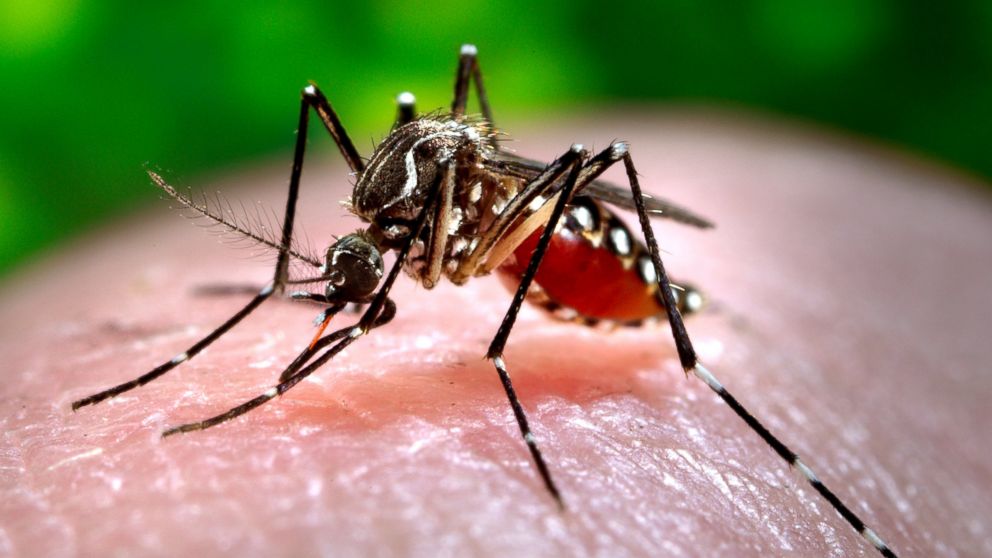Mosquito-Borne Zika Virus May Be Linked to Rise of Birth Defects, Puts Officials on Alert
— -- A virus transmitted by mosquitoes is being closely watched by health officials as they investigate whether an increase of birth defects in Brazil is linked to the pathogen, known as the Zika virus.
The U.S. Centers for Disease Control and Prevention is expected to issue travel recommendations today or Saturday over concerns about the Zika virus and its effects on pregnant women.
The mosquito-borne illness usually results in mild symptoms such as fever, joint pain and rash, but Brazilian health officials are now investigating if it has also caused a spike in birth defects that left infants with misshapen heads, according to the CDC.
Here's a rundown of important information about the Zika virus and how it is spread.
What Are the Symptoms of Zika Infection?
The common symptoms of Zika infection include fever, rash, joint pain and conjunctivitis, according to the CDC. Approximately 1 in 5 people infected with the virus shows symptoms. Severe complications from Zika infection that require hospitalization are rare, and most people are over the worst of the symptoms after a week, according to the CDC.
Dr. William Schaffner, an infectious disease expert at Vanderbilt University Medical Center, said that when Zika infection was discovered, it appeared similar to other mosquito-transmitted illnesses, such as Chikungunya and dengue fever.
"You had aches and pains in joints and muscles, and a bit more frequently than the others, you would get a rash," Schaffner said. "It was an annoyance."
How Is It Transmitted?
The virus is transmitted mainly through the bite of the Aedes aegypti mosquito, the same species that spreads dengue fever.
The virus has been found mainly in tropical settings in Africa, Southeast Asia and the Pacific Islands. An outbreak of the disease in Brazil led to an alert by the Pan American Health Organization last May.
While people in the U.S. have been diagnosed with the disease, they have all been travelers who likely got the virus while outside the country. However, the CDC recently reported finding evidence for transmission Puerto Rico.
In rare cases, the disease can be transferred from mother to child during or shortly after birth. There has also been one report of the virus spreading through sexual contact.
Is It Linked to Birth Defects?
Evidence of a rise of birth defects in Brazil has health experts concerned the virus is far more dangerous than people initially thought.
Dr. Lyle Petersen, head of vector-borne diseases for the CDC, told ABC News that evidence in Brazil points to a connection between Zika virus infection in pregnant women and miscarriage or birth defects.
A number of children of women who were infected with the virus while pregnant were born with microcephaly, or an abnormally small head and brain.
The CDC is sending two teams to Brazil to do lab training and to see whether the virus can cause Guillain-Barre syndrome, a type of progressive paralysis that can appear after a viral infection, Petersen told ABC News on Thursday. They're also going to assess risk factors for developing microcephaly and see if they can determine when a fetus is most at risk for developing microcephaly.
Early analysis of these birth defects indicates that women who are infected during their first trimester could be at greater risk for giving birth to an infant with microcephaly or other birth defects, according to the Pan American Health Organization.
Is There a Vaccine?
There is not currently a vaccine for the Zika virus, but Petersen said researchers at the National Institutes of Health are working to develop one.
ABC News' chief health and medical editor, Dr. Richard Besser, contributed to this report.




